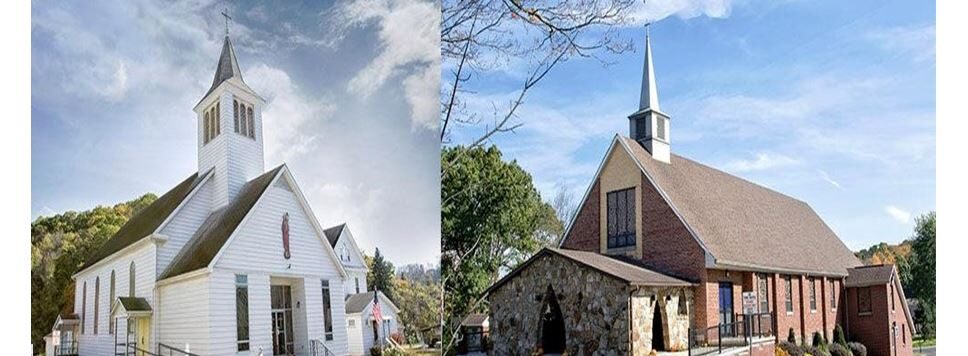A Sacrament is a symbolic rite in the Christian religion, in which an ordinary individual can make a personal connection with God—the Baltimore Catechism defines a sacrament as “an outward sign instituted by Christ to give grace.” That connection, called inner grace, is transmitted to a parishioner by a priest or bishop, who uses a specific set of phrases and actions in one of seven special ceremonies.
The Seven Sacraments—Baptism, Confirmation, Holy Eucharist, Confession, Holy Orders, Holy Matrimony, and Anointing of the Sick—are the life of the Catholic Church. All of the sacraments were instituted by Christ Himself, and each is an outward sign of an inward grace. When we participate in them worthily, each provides us with graces—with the life of God in our soul. In worship, we give to God that which we owe Him; in the sacraments, He gives us the graces necessary to live a truly human life.
The Seven Sacraments of the Roman Catholic Church
- Baptism takes away Original Sin and all personal sin while uniting us to Christ and His people.
- Confirmation deepens our union with Christ and helps us proclaim our faith in Him before others.
- Holy Eucharist gives us the Body and Blood of Jesus as our daily spiritual food to nourish our union with Him.
- Penance and Reconciliation (Confession) restores our union with Christ disrupted by personal sins.
- Holy Orders gives a man the power of uniting or reuniting believers with God as a Deacon, Priest, or Bishop.
- Holy Matrimony makes a man and a woman husband and wife and gives them grace to live with God, for God and each other.
- Anointing of the Sick heals and strengthens our union with Christ during times of serious illness.
What are the Sacraments? (5:59)
Seven Conditions of Life
The physical or the natural life requires seven conditions, five of which refer to the person as an individual, and the other two as a member of society. The five conditions of leading an individual life are: (1) In order to live, one must obviously be born; (2) He must nourish himself, for he who does not eat shall not live; (3) He must grow to maturity, throwing away the things of the child, and assume the responsibilities of adult life; (4) In case he is wounded, he must have his wounds bound and healed; and (5) In case he has disease (for a disease is very different from a wound), the traces of the disease must be driven out. As a member of society two further conditions are required: (1) He must live under government and justice in human relationships, and (2) He is called to propagate the human species.
Over and above this human life, there is the divine Christ-life. The seven conditions of leading a personal Christ-life are the following: (1) We must be spiritually born to it, and that is the Sacrament of Baptism; (2) We must nourish the divine life in the soul, which is the Eucharist; (3) We must grow to spiritual maturity and assume full responsibilities as members of the spiritual army of the Church, which is Confirmation; (4) We must heal the wounds of sin, which is Penance; (5) We must drive out the traces of the diseases of sin, which is the Anointing of the Sick; (6) We must live under the spiritual government of the Church, which is Holy Orders; (7) We must prolong and propagate the Kingdom of God on earth, which is Matrimony.
Every sacrament has an outward or visible sign; for example, in Baptism it is water, in the Eucharist it is bread and wine. But the sacrament also has a form or formula, or words of spiritual significance given to the matter when it is conferred. Three things then are absolutely required for a sacrament: (1) Its institution by Christ; (2) An outward sign; and (3) The power of conferring the grace or divine life purchased for us by the Passion, Death, and Resurrection of Christ.
An excerpt from Archbishop Fulton J. Sheen’s book, These Are the Sacraments
